Product Description
Intro
Malaysia’s national flower, Bunga Raya (the hibiscus) frequently appears as the subject of local art across various mediums. Inspiration is often derived from its vibrant colours (red or yellow), unique petal structure and distinctive floral anatomy. From traditional textiles to intricate paintings and architectural designs, Bunga Raya occupies a special place in Malaysian culture, symbolising the nation’s identity and natural heritage.
Background
The Hibiscus, scientifically known as Hibiscus rosa sinensis, was officially declared Malaysia’s national flower on 28 July 1960, by Prime Minister Tunku Abdul Rahman Putra Al-Haj during the Malayan Agro-Horticultural Association (MAHA) exhibition.
Introduced as an ornamental plant in the 12th century, Bunga Raya, as it is locally known, was officially nominated as the national flower in 1958, alongside other flowers like ylang-ylang, jasmine, lotus, rose, magnolia, and medlar. The term “Bunga” in Bahasa means “flower,” while “Raya” signifies “celebratory” or “grand,” embodying the celebration of unity in Malaysia’s multicultural society.
The red petals symbolise courage, life, and the rapid growth of the Malaysian people, while the five petals represent the Rukun Negara, encapsulating the five national principles of unity: belief in God, loyalty to the King and country, the supremacy of the Constitution, rules of law, courtesy, and morality. This vibrant flower, with its rich symbolism, is prominently featured on the notes and coins of the Malaysian currency, serving as a national emblem that reflects the country’s cultural diversity and shared values.
The Motif
The allure of Hibiscus flowers inspires enchanting design motifs, drawing from their intricate features and vibrant hues. The striking red petals, symbolising courage, life, and the rapid growth of the Malaysian people, form a visually dynamic and culturally significant element in design. The graceful curves and delicate details of the petals are seamlessly integrated into motifs, showcasing the flower’s natural elegance. Beyond its aesthetic appeal, the Hibiscus motif carries deeper meanings, representing unity, celebration, and Malaysia’s multicultural identity. Whether woven into textiles, incorporated into clothing, or featured in decorative arts and architecture, the refined beauty of Hibiscus flowers serves as a timeless and meaningful expression of Malaysia’s cultural heritage and natural richness.

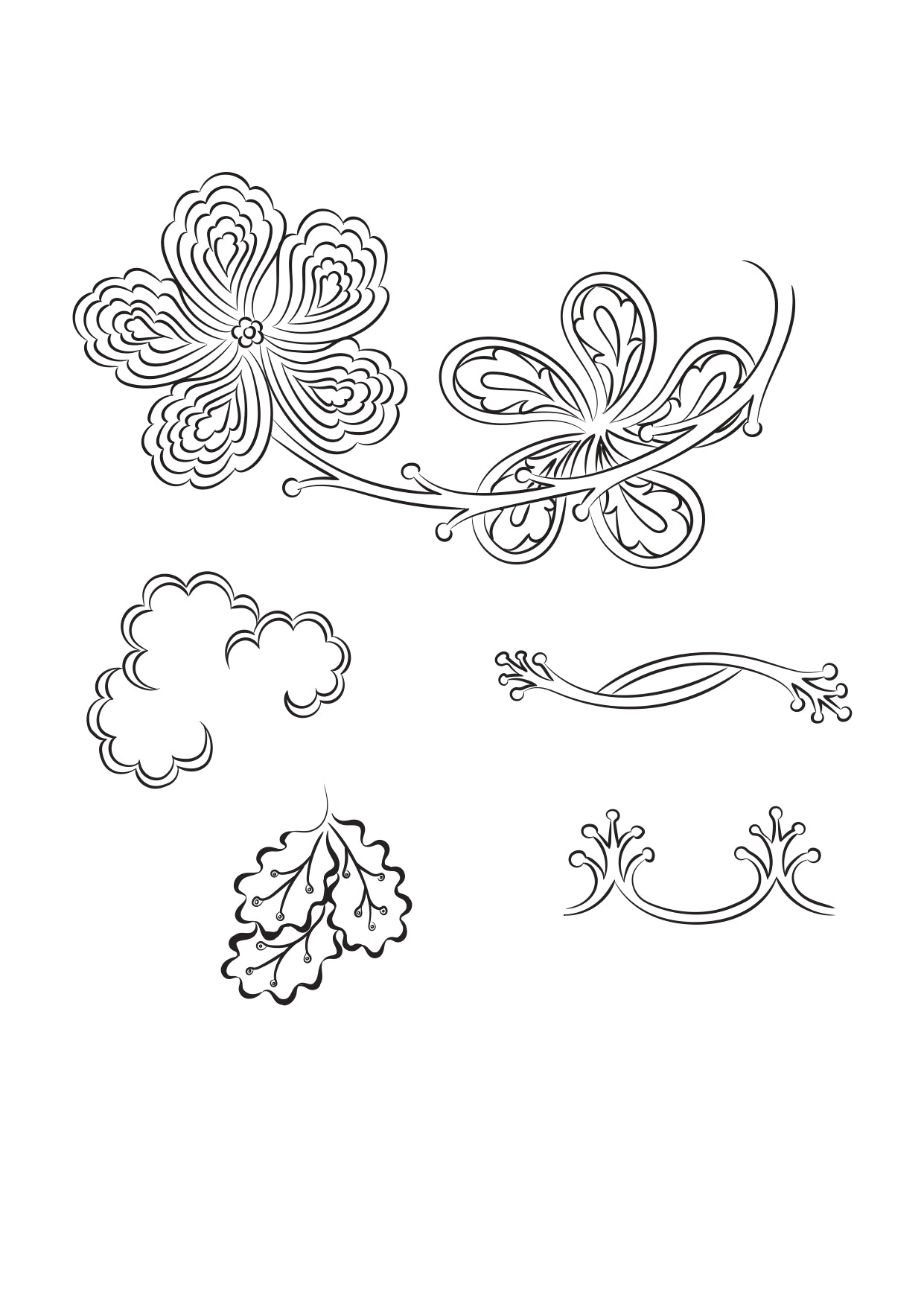
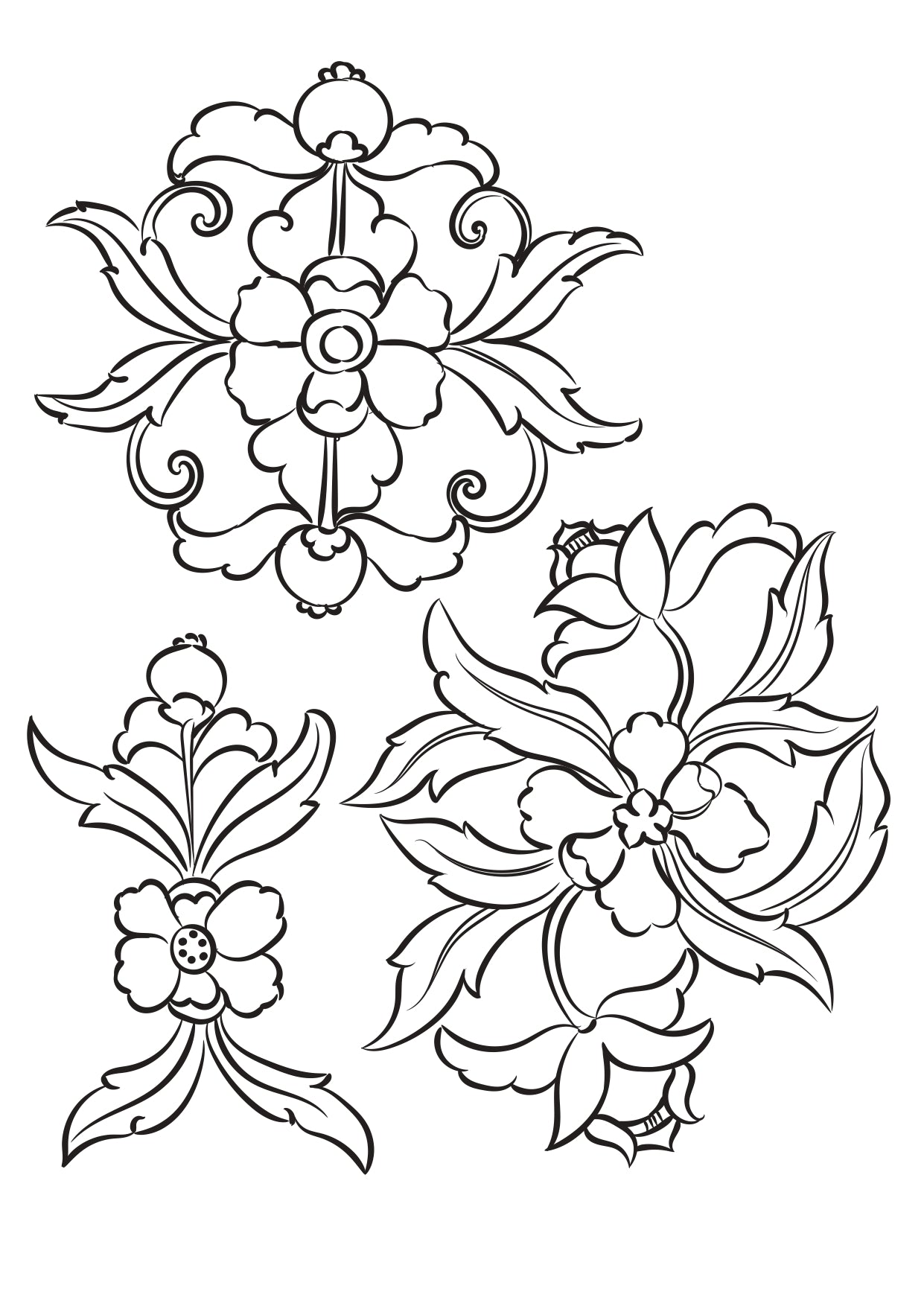
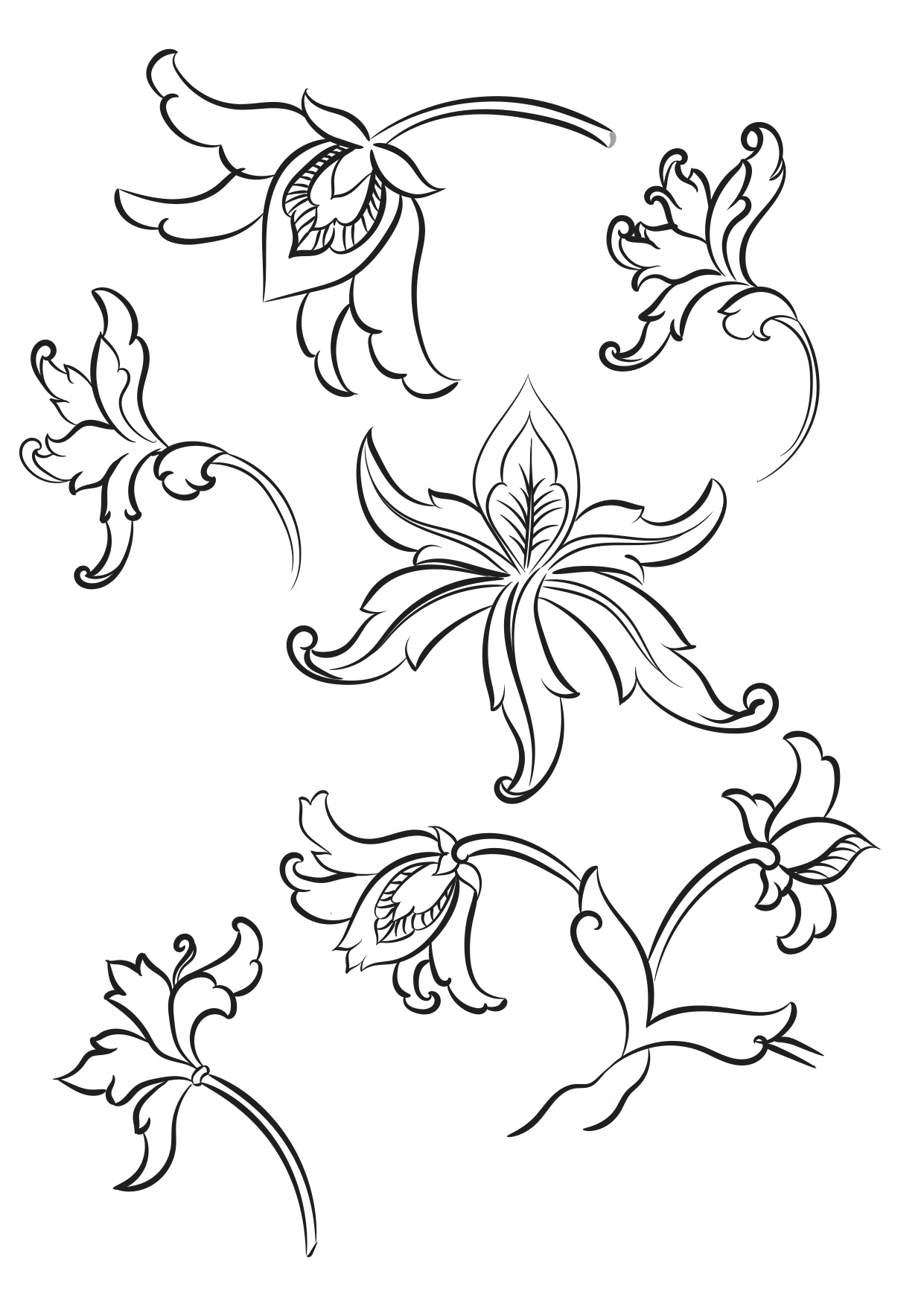
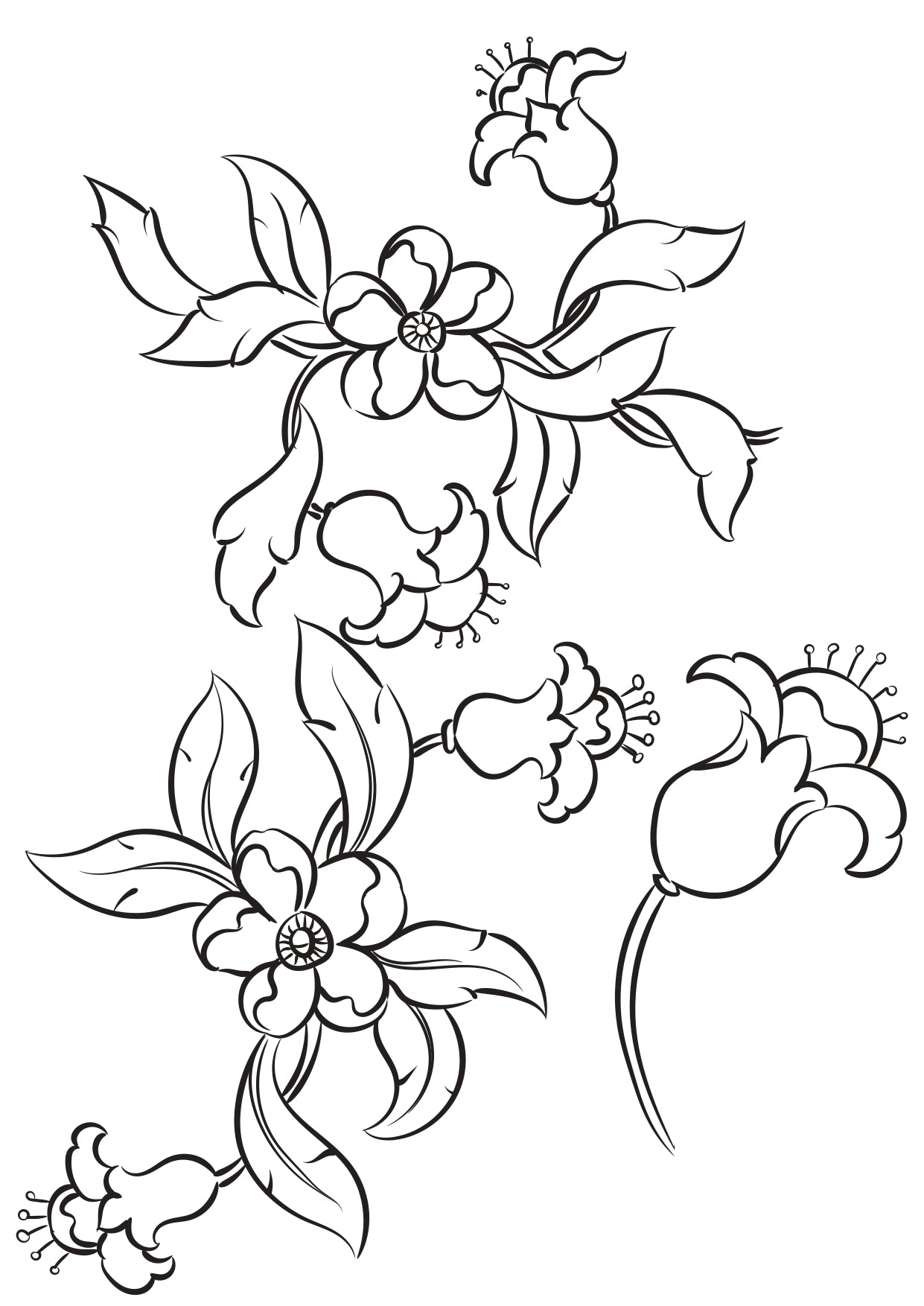
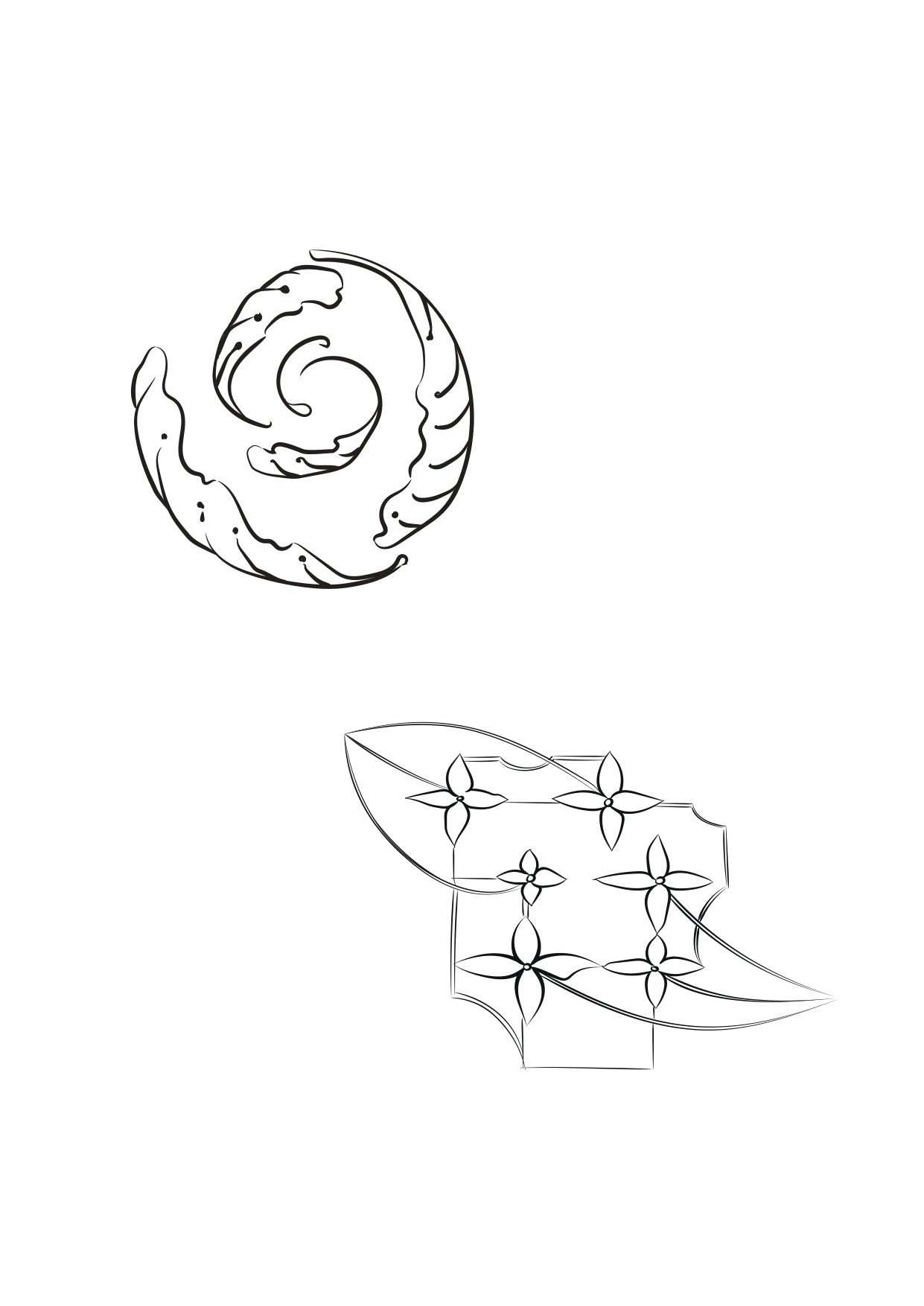
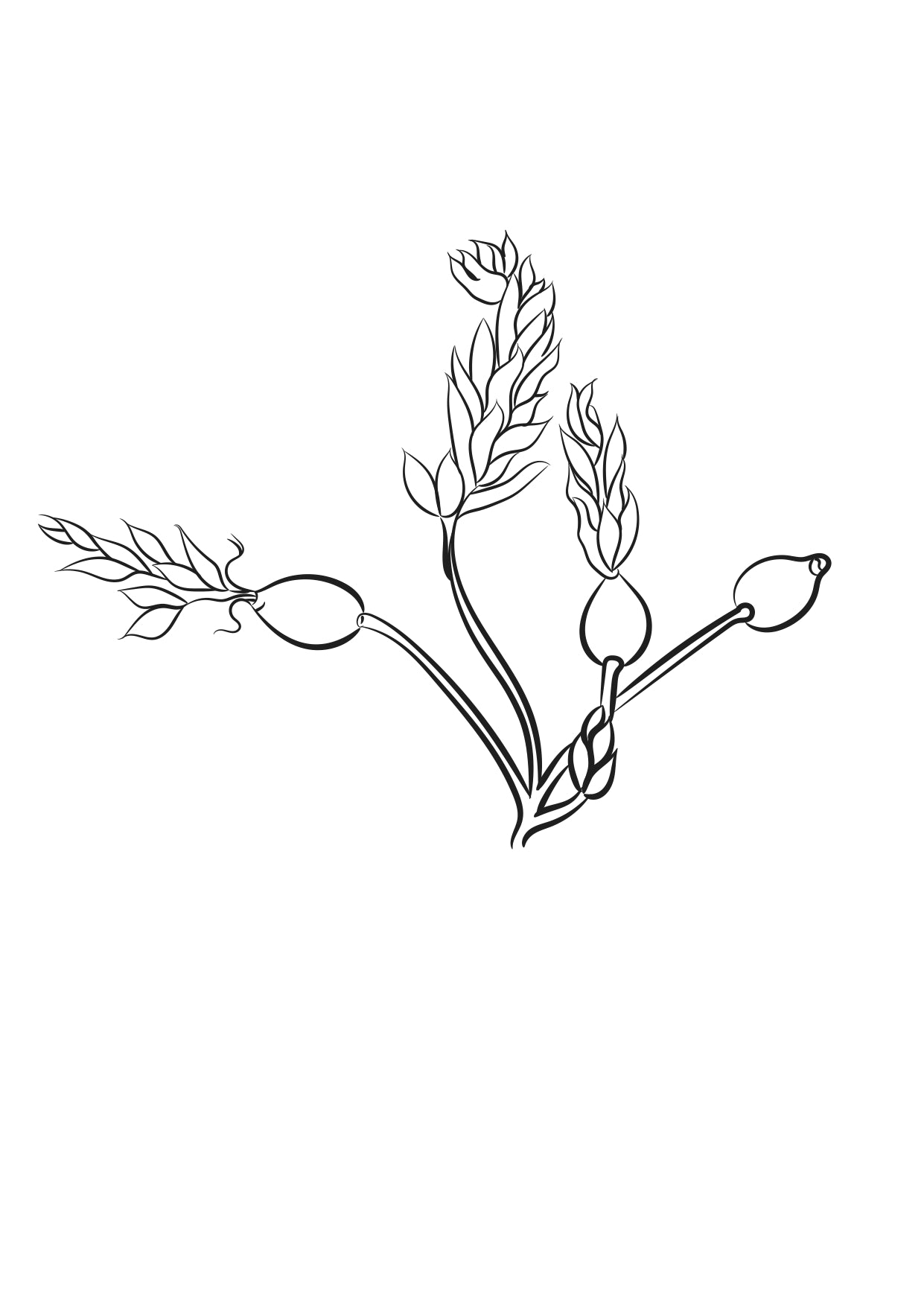
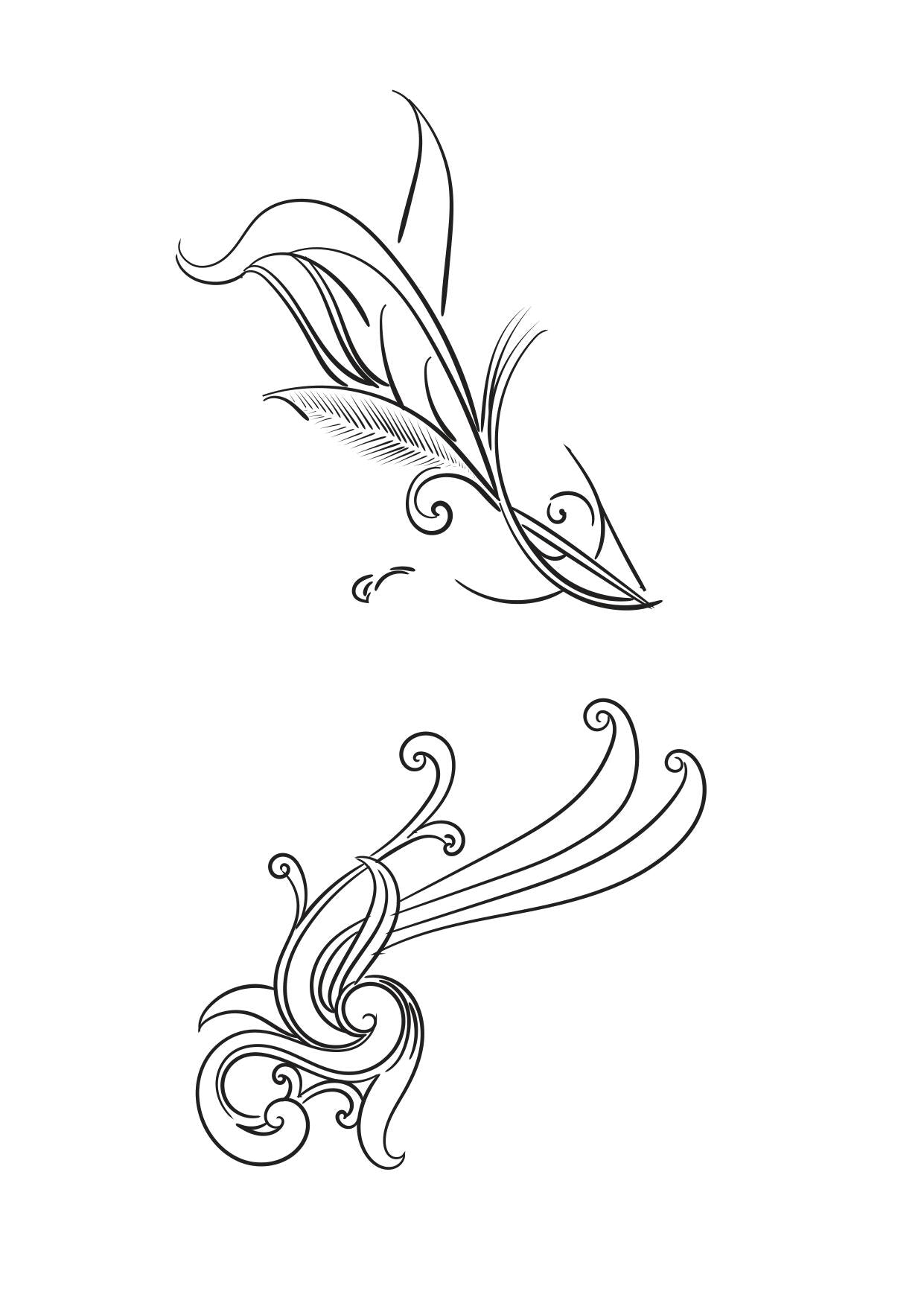
Reviews
There are no reviews yet.